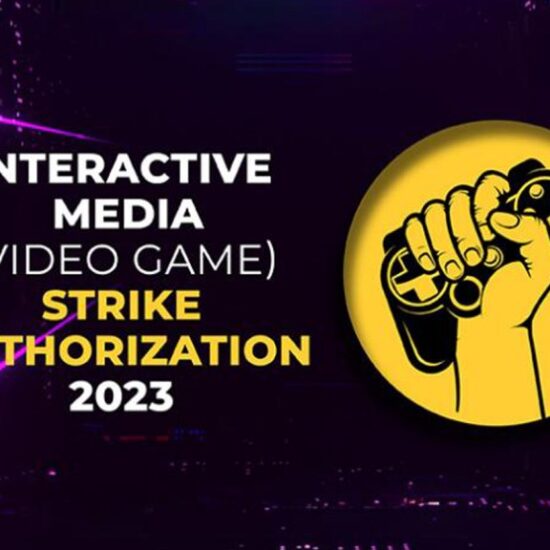
For decades, we’ve seen big cities have been the hubs of the post-production industry. Artists, producers, and other creatives travel from all over the world to forge their careers in London, Montreal, Mumbai, and beyond. I, certainly, started my career path at The Mill’s base in Soho.
But amidst the ever-changing landscape of the VFX industry, there’s a growing trend of studios migrating away from the big cities. And it’s given rise to vibrant creative communities cropping up in regions outside of those traditional hubs, rewriting the rulebook of talent acquisition while it does.
Evolving Pipelines
Technology has developed with a very keen focus on remote working over the last few years. We saw the trend for off-site artists begin long before the pandemic, but Covid-19 accelerated the adoption of hybrid working. For us at Vine FX, we were already in a strong position to adapt, having moved to a PCoIP pipeline to keep a clean and clear office.
Now, with the integration of cloud-based services, workflows are becoming more seamless, building flexibility into the system from the ground up. The combination of cloud and PCoIP toolsets gives studios the ability to widen their reach both in terms of talent and clients. We’re working across international shows and have artists from across the UK and Europe. Our people-first approach to projects gives our team the ability to choose what works best for them. There’s power in that decision. Particularly now.
The Human Element
While many businesses are moving back to five days a week in the studio, more and more are open to implementing hybrid and remote-first setups. I strongly believe in the power of choice. If technology enables our team to work from anywhere, we should take advantage of that. Handing that choice over to the artists not only gives an edge to studios when it comes to talent retention, it also enables them to tap into a global pool of new recruits.
Having a physical HQ is the other side of the same coin: it gives people the option to come in, socialise, and work together in person if that’s their preference. By having a presence close to London, but still outside of the city’s boundaries, along with a remote-first workflow means we can attract a wider array of people from anywhere in the world, while also tapping into regional talent who prefer not to commute or relocate to the capital. It’s the best of both worlds.
Staying agile and flexible is the only way to navigate changing times, and can give an edge to smaller studios going up against the well-established industry giants. The decentralisation of the VFX industry has been a long time coming and its impact extends beyond the mere location of a few studios. It’s part of a larger shift that will redefine how the next generation of artists will forge their careers, bring new voices to the table, and help create a more inclusive creative landscape.
Michael is an award-winning Visual Effects Supervisor and founder of Vine FX, based in Cambridge UK. Throughout his extensive career, he has worked on feature films including Gladiator, Harry Potter, Black Hawk Down, and Fantastic Beasts. Michael has also supervised key shots for The Witcher Season 3 (Netflix), War of the Worlds (Disney+), The Lazarus Project (Sky TV), The Serpent (BBC), and The Tourist (BBC).













